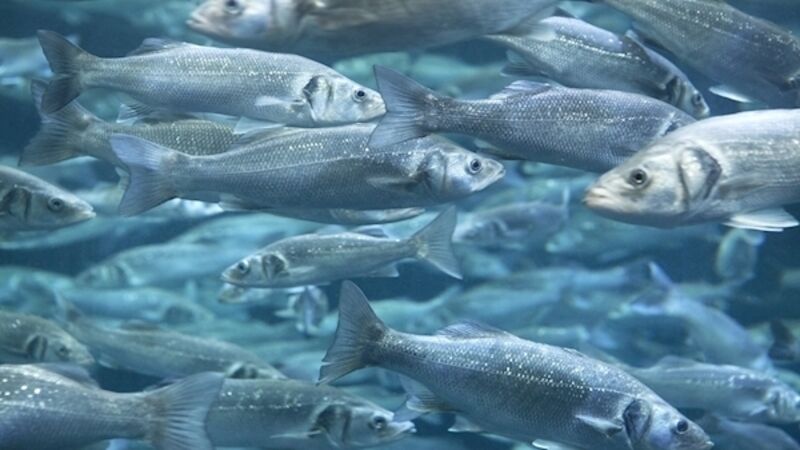Warming seas affecting fish size, Trinity scientist warns

Warming seas are affecting fish sizes in a way that could upset complex ocean food webs, scientists have found.
Co-author of the report, zoologist Nicholas Payne from Trinity College Dublin, said they were surprised by the results.










